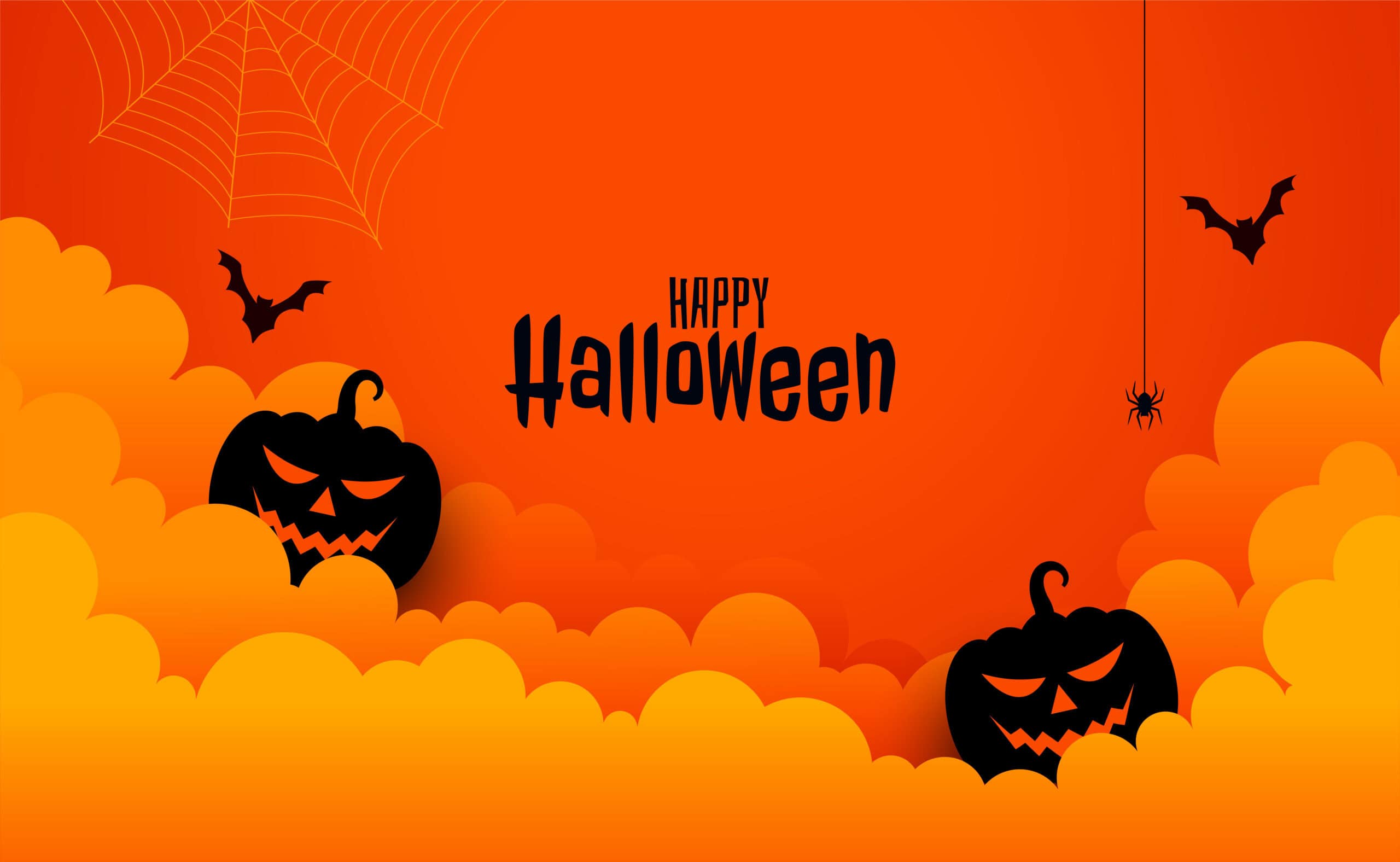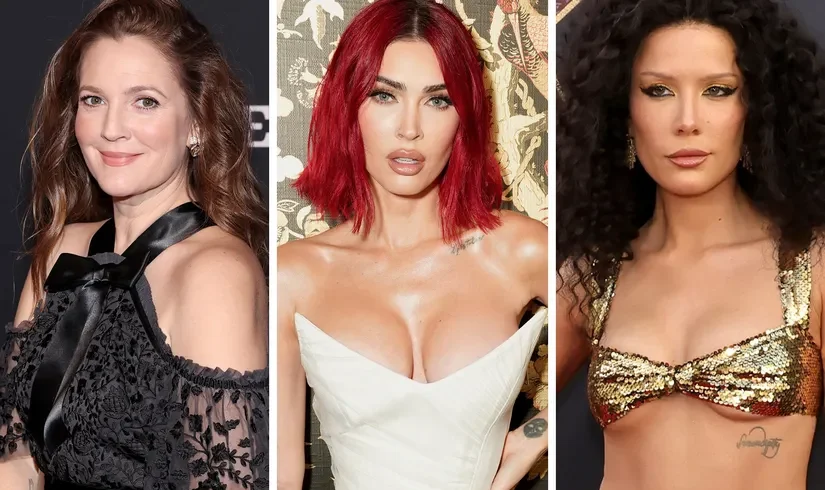100 Halloween Instagram Captions for Every Spooky Occasion


In the ever-evolving conversation around LGBTQ+ identity, bisexuality remains one of the most misunderstood and underrepresented orientations. Bisexual people are often overlooked in media, stereotyped as “confused,” or erased altogether. That’s why bisexual representation in popular culture is not just important—it’s essential. When public figures come out as bisexual, they challenge misconceptions, inspire others to live authentically, and affirm that bisexuality is real, valid, and diverse.
Bisexuality refers to the romantic and/or sexual attraction to more than one gender. It doesn’t imply equal attraction to all genders or require a 50/50 split. Rather, it acknowledges the fluid nature of attraction and identity. Bisexual people face unique challenges—including biphobia, erasure, and pressure to “pick a side”—which makes positive visibility all the more powerful.
Seeing bisexual individuals in music, film, sports, and politics shines a light on the full spectrum of LGBTQ+ identities. It combats harmful myths, encourages acceptance, and helps bisexual youth know they are not alone. These public figures serve as beacons of pride, honesty, and resilience.
Here’s a look at some notable bisexual celebrities who have made waves in their respective fields while advancing the conversation around bisexuality.
Bio: Halsey (Ashley Nicolette Frangipane) is a multi-platinum singer-songwriter known for hits like Without Me and Bad at Love.
Coming Out: Halsey has identified as bisexual for years and frequently addresses her identity in both interviews and her art.
“I’m a young, bisexual woman, and I’ve spent a large part of my life trying to validate myself—to my friends, to my family, to my community.”
— Halsey, GLAAD Media Awards, 2018
She is outspoken about bi-erasure, especially in celebrity culture, and uses her platform to support mental health, reproductive rights, and LGBTQ+ youth.
Bio: Known for roles in The Good Wife, Cabaret, and X-Men, Alan Cumming is a Tony Award-winning Scottish-American actor.
Coming Out: Cumming came out as bisexual early in his career and continues to proudly identify as such.
“I have a healthy sexual appetite and a healthy imagination. I still define myself as bisexual even though I have chosen to be with Grant [his husband].”
— Alan Cumming, The Times
He challenges the binary narratives of sexuality and consistently advocates for LGBTQ+ rights and bisexual visibility, especially in the media.
Bio: Famous for playing Callie Torres on Grey’s Anatomy, Sara Ramirez is an award-winning actor and singer.
Coming Out: Ramirez came out as bisexual in 2016 and later as nonbinary in 2020, using they/them pronouns.
“Because of the intersections in my own life—woman, multi-racial woman, woman of color, queer, bisexual, Mexican-Irish-American, immigrant—I have learned that being seen and heard is a privilege.”
— Sara Ramirez, True Colors Fund Speech
Their coming out, both on-screen and off, has made an immense cultural impact, especially for bisexual and nonbinary people of color.
Bio: Megan Rapinoe is a two-time World Cup champion, Olympic gold medalist, and one of the most celebrated figures in U.S. women’s soccer.
Coming Out: Though often described as lesbian, Rapinoe has acknowledged the fluid nature of attraction and aligns with the broader queer spectrum.
“I think sexuality is something that’s always evolving. I don’t feel one way 100 percent. I’ve had crushes on guys before.”
— Megan Rapinoe, Sports Illustrated
Rapinoe breaks down labels in sports, promotes LGBTQ+ inclusion, and uses her global fame to campaign for equity and justice.
Bio: Known for roles in Thor: Ragnarok, Westworld, and Creed, Tessa Thompson is a critically acclaimed actress and producer.
Coming Out: Thompson spoke openly about being attracted to both men and women in a 2018 interview.
“I’m attracted to men and also to women. If I bring a woman home, or a man, we don’t even have to have the discussion.”
— Tessa Thompson, Net-A-Porter
She has been praised for portraying LGBTQ+ characters with depth and dignity while embracing her own fluid identity with grace and confidence.
Bio: A Hollywood icon since childhood, Drew Barrymore has starred in films like Never Been Kissed and The Wedding Singer and now hosts The Drew Barrymore Show.
Coming Out: Barrymore has been open about her bisexuality for decades.
“Do I like women sexually? Yeah, I do. Totally. I have always considered myself bisexual.”
— Drew Barrymore, Contact Music Interview
By casually and confidently acknowledging her identity, Barrymore helped normalize bisexuality in an era when few celebrities felt safe doing so.
Bio: Best known for her role as April Ludgate on Parks and Recreation, Aubrey Plaza has since taken on a variety of queer roles in TV and film.
Coming Out: In a 2016 interview, Plaza casually confirmed her bisexuality.
“I know I have an androgynous thing going on, and there’s something masculine about my energy. Girls are into me—that’s no secret. Hey, I’m into them too. I fall in love with girls and guys.”
— Aubrey Plaza, The Advocate
Her matter-of-fact approach to sexuality, paired with her diverse roles, makes her a favorite among LGBTQ+ audiences seeking authenticity and humor.
Bio: Billie Joe Armstrong is the lead vocalist and guitarist of the legendary punk band Green Day, known for hits like American Idiot and Boulevard of Broken Dreams.
Coming Out: Armstrong came out as bisexual in the early 1990s, a bold move at the time, especially in the male-dominated world of punk rock.
“I think I’ve always been bisexual. I mean, it’s something I’ve always been interested in. I think people are born bisexual, and it’s just that our parents and society kind of veer us off into this feeling of ‘Oh, I can’t.’ They say it’s taboo. It’s ingrained in our heads that it’s bad, when it’s not bad at all.”
— Billie Joe Armstrong, The Advocate, 1995
Armstrong helped break toxic masculinity stereotypes in rock and punk music. His openness has paved the way for conversations about fluidity in music culture and has inspired countless fans to embrace their own identities.
Bio: Clive Davis is a five-time Grammy-winning record executive who launched the careers of icons like Whitney Houston, Alicia Keys, and Janis Joplin.
Coming Out: Davis publicly came out as bisexual in his 2013 memoir The Soundtrack of My Life, making him one of the most prominent industry figures to do so later in life.
“I opened myself up to the possibility that I could have a relationship with a man. I’m still attracted to women… You don’t have to be only one thing or another. For me, it’s the person.”
— Clive Davis, Katie Couric Interview, 2013
His candidness shattered age-related and professional stereotypes about bisexuality. As a powerful figure in entertainment, Davis’s story underscores that it’s never too late to live your truth.
Bio: Amandla Stenberg rose to fame as Rue in The Hunger Games and has since become a leading voice in Gen Z activism, known for roles in The Hate U Give and Everything, Everything.
Coming Out: Amandla publicly came out as bisexual in 2016 via a heartfelt video for Teen Vogue, and later identified more specifically as nonbinary and gay.
“I was so overcome with this profound sense of relief when I realized that I’m gay—not bi, not pan, but gay—with a romantic love for women. All of these things that had been grating against my spirit were lifted off of me.”
— Amandla Stenberg, Interview with Wonderland Magazine, 2018
(Originally came out as bisexual in 2016, before further exploring their identity.)
As a young Black nonbinary queer person, Amandla represents the intersection of multiple identities. They speak powerfully about the fluidity of identity and the importance of embracing every stage of self-discovery.
The conversation around bisexuality is finally shifting—from invisibility to celebration. Thanks to these celebrities and countless others, bisexual teens and adults today are more likely to see themselves reflected in the media and culture. But there’s still work to do.
By supporting bisexual voices, sharing stories, and challenging assumptions, we can all contribute to a more inclusive future—one where no one feels pressured to hide or explain who they are.
So, let’s celebrate these icons, honor their journeys, and uplift the bisexual community. Because every identity deserves to be seen, heard, and loved.
Visibility matters. Representation empowers. And pride means embracing the full spectrum of who we are.